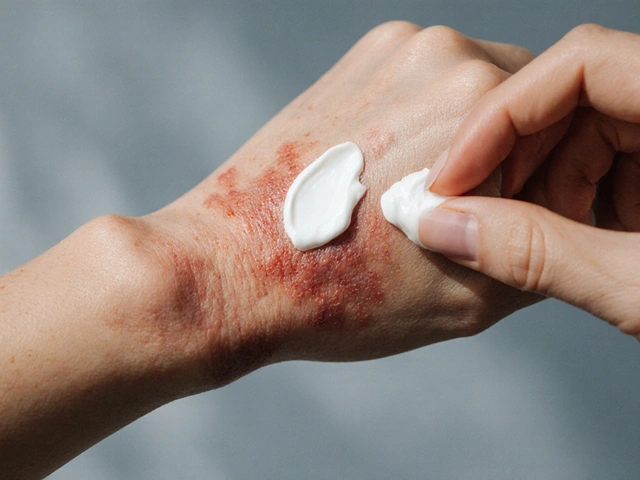Sleep Aid Guide: Quick Tips for Better Rest
If you’re scrolling at 2 AM wondering why you can’t fall asleep, you’re not alone. Most people try a few tricks before they think about pills or supplements. In this guide we’ll cover the everyday habits that work, point out common over‑the‑counter options, and give safety pointers so you don’t end up worse off.
How to Choose the Right Sleep Aid
First, ask yourself what’s keeping you awake. Stress, caffeine, a noisy room, or an irregular schedule each need a different fix. For occasional trouble, melatonin is a safe starting point – it mimics the hormone your body makes at night and usually has few side effects. Look for 1‑3 mg doses taken about 30 minutes before bedtime.
If you prefer something herbal, try valerian root or chamomile tea. They don’t hit hard but many users report a calmer mind. When you need stronger help, short‑acting antihistamines like diphenhydramine (the active ingredient in many nighttime pain relievers) can work, but they may leave you groggy the next day.
Read the label for “non‑prescription” or “OTC”. Avoid products that promise to keep you asleep for 12 hours unless a doctor tells you it’s okay. The more aggressive the claim, the higher the risk of side effects.
Safety Tips & When to See a Doctor
Never mix sleep aids with alcohol or other sedatives – the combination can slow breathing and be dangerous. If you have liver problems, high blood pressure, or are pregnant, skip OTC options and talk to your doctor first.
Watch for dependence. Even “natural” supplements can make your body expect them to fall asleep. Use any aid for no longer than two weeks unless a healthcare professional says otherwise.
When you notice any of these signs – persistent daytime drowsiness, memory gaps, or unusual mood swings – stop the product and schedule a visit. A doctor may prescribe a short‑term medication like zolpidem, but they’ll also check for underlying issues such as sleep apnea or anxiety that need different treatment.
Finally, pair any aid with solid sleep hygiene: keep your room dark, turn off screens an hour before bed, and stick to a regular bedtime. The best sleep aid is often the routine you build around it.
Unisom: Sleep Aid Facts, Tips, and Safe Use Guide
Discover what Unisom is, how it works, who should use it, safety advice, side effects, and practical tips for better sleep.






